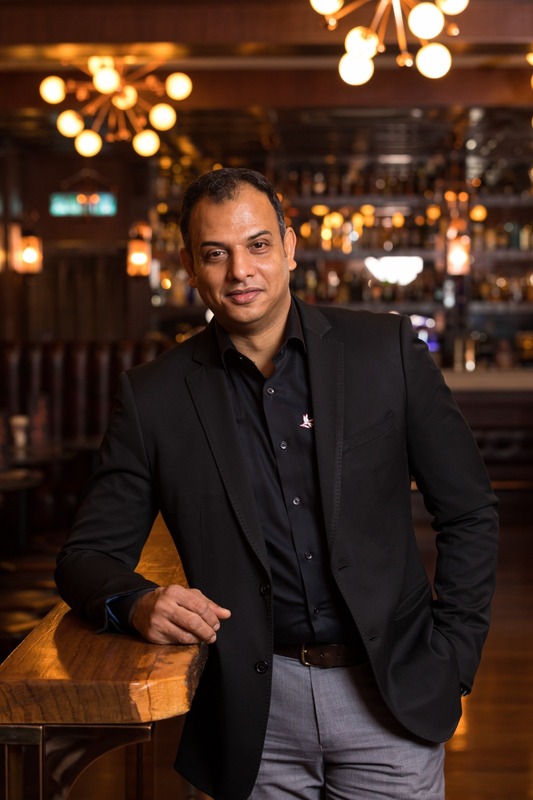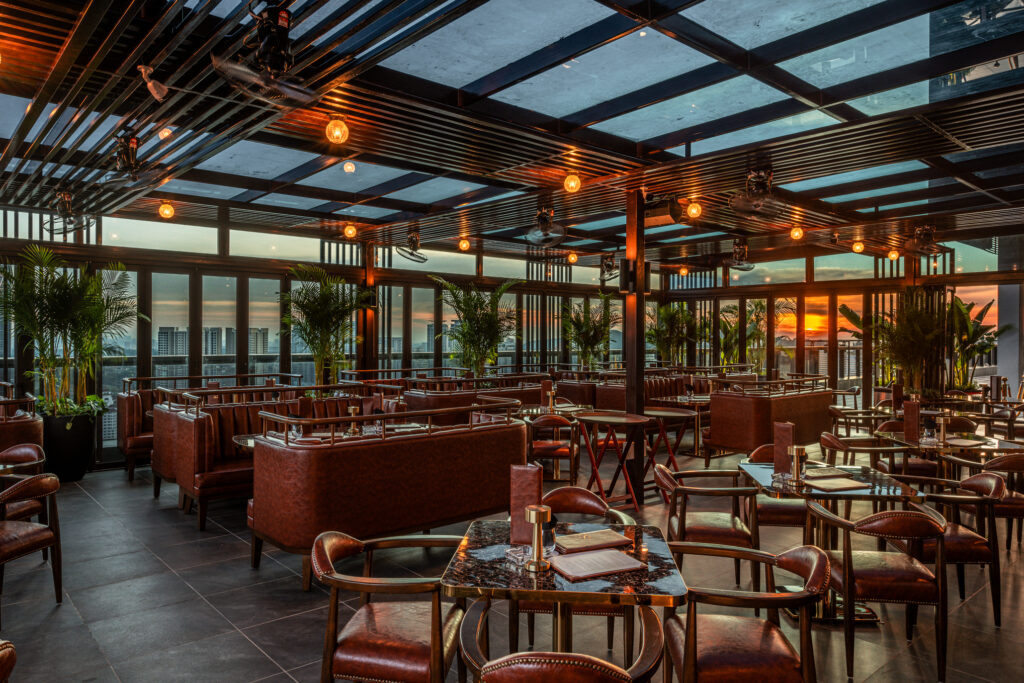
Kuala Lumpur, 8 Oct 2025 – From a single outlet to a portfolio of 15 brands and more than 30 outlets nationwide, Leslie Gomez has built The Olive Tree Group into one of Malaysia’s most diverse F&B players. Its concepts span a wide spectrum, from contemporary Indian dining at Frangipani to Mexican-inspired La Chica, European gastropubs like Rockafellers and Rock Bottom, chic lounges such as Soul Room and Sol, and lifestyle-driven bars. With over 500 employees and an expanding footprint into international markets, Gomez’s journey reflects not only resilience but also reinvention in one of the most competitive industries.
Expansion, particularly across borders, has reinforced a key truth for him: success is not only about good food or ambience but also about maintaining consistency and adapting to shifting consumer expectations. Agility, rather than rigidity, has defined The Olive Tree Group’s growth.
One of the most visible shifts in today’s dining scene is consumer spending. Diners are more cautious, but they are still seeking value. For F&B operators, this means rethinking how menus are structured to balance affordability with premium perception. Bundled offerings, for example, give customers the sense of savings while enabling outlets to focus on high-demand, high-margin items.
However, Gomez strongly emphasises that food alone doesn’t build loyalty. “A guest may come for the cuisine once, but it is the service, consistency, and overall experience that bring them back.” With outlets spread across Malaysia — in Kuala Lumpur, Penang, Johor Bahru, Genting, Langkawi and beyond — The Olive Tree Group relies on its central headquarters to set processes, training standards, and performance benchmarks. Structured staff development programmes and incentive systems ensure service quality is maintained regardless of location.
For Gomez, one of the primary challenges in F&B is talent retention. The sector is notorious for long hours, high turnover, and burnout. That is why he prioritises building systems that give employees a sense of belonging and career progression. At the same time, he is keen to dispel one of the biggest misconceptions about the business: that owning a restaurant is glamorous. The reality is long hours, constant problem-solving, and a relentless focus on costs, staff, and customer expectations. “Passion may spark the journey, but discipline and systems sustain it.”

The Future of F&B: What to Expect.
Looking ahead, Gomez believes the industry will be reshaped by three forces over the next three or so years. First is heightened value-consciousness, where customers will continue to demand affordable options without sacrificing quality. Second is talent as a competitive edge, with staff training, incentives, and retention strategies becoming the key differentiators in a crowded market. And third is the rise of scalable, sustainable growth models.
Franchising is among one of the models Gomez is considering as part of The Olive Tree Group’s continued and sustainable expansion. While still at the exploratory stage, the idea is to eventually take one of its flagship brands into a franchise format — creating a pathway for international growth while offering aspiring entrepreneurs the chance to run proven concepts. He sees it as both a natural evolution of the Group’s journey and a reflection of how disciplined structures at headquarters can support growth without compromising quality.
Industry data supports his outlook. According to Credence Research (2024), Malaysia’s food service market was valued at about USD 22.65 billion in 2024 and is projected to more than double to USD 63.09 billion by 2032, growing at a robust 13.66% CAGR. Regionally, the Southeast Asia foodservice market is expected to expand from USD 215.12 billion in 2024 to USD 580.85 billion by 2032, at around 13.22% CAGR, based on Verified Market Research. Post-pandemic recovery has also been strong: Agriculture and Agri-Food Canada reports Malaysia’s foodservice sales rebounded from about USD 7.4 billion in 2021, with projected growth of over 10% CAGR through 2026, led by casual dining, cafés, and bars.
Sustainability will also become unavoidable. Diners are increasingly conscious of sourcing practices, food waste, and workplace culture, while regulators are setting stricter expectations. “F&B operators who ignore these shifts risk falling behind, but those who embrace them will be well-placed to lead.” comments Leslie
For Gomez, the lesson from decades in F&B is clear: the future will not be defined by who expands the fastest, but by who expands with purpose. F&B operators who balance consumer value with talent investment, sustainable practices, and structured management will not only survive — they will shape the next chapter of dining across the region.
